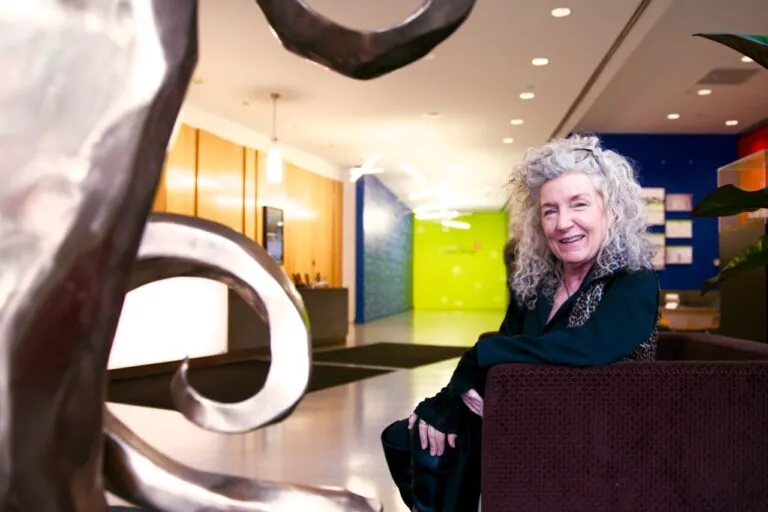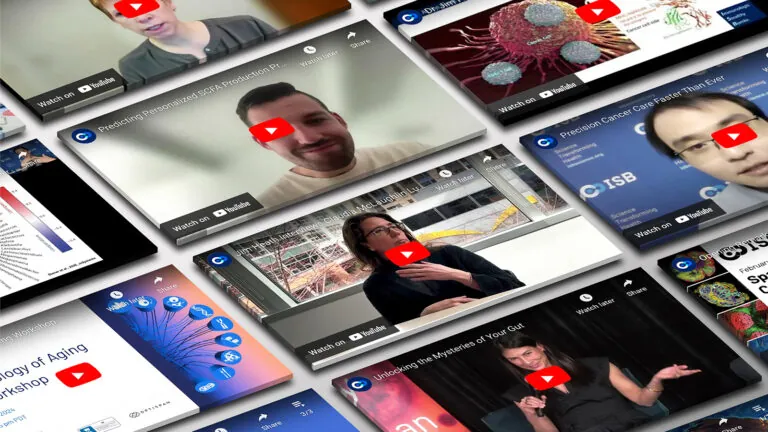Dr. Naeha Subramanian Promoted to Associate Professor
Dr. Naeha Subramanian – an expert in immunology, innate immunity, and host-pathogen interactions, and head of ISB’s Subramanian Lab – has been promoted to Associate Professor. “I am honored with this promotion and excited about the incredible research being conducted in my lab. It is a pleasure and privilege to tackle exciting questions everyday,” she said.

Dr. Naeha Subramanian – an expert in immunology, innate immunity, and host-pathogen interactions, and head of ISB’s Subramanian Lab – has been promoted to Associate Professor.
“Naeha is an engaged and active member of the ISB community, contributing to our lecture series, educational programs and faculty discussions,” said ISB President Dr. Jim Heath. “She and the members of her lab are to be congratulated for their recent publications and flurry of outstanding scores on federal grants.”
The Subramanian Lab recently published important research, including news that small, persistent increases in the expression of the immune sensor NOD1 may promote cancer risks, and details of how the bacterium Salmonella conceals itself from the host immune system. The work was published in the journals Science Signaling and Proceedings of the National Academy of Sciences (PNAS), respectively.
“I am honored with this promotion and excited about the incredible research being conducted in my lab. It is a pleasure and privilege to tackle exciting questions everyday,” Subramanian said.
Subramanian was named an Assistant Professor in 2014 when she joined ISB. Prior to that, she worked at the National Institutes of Health for seven years as a research fellow and visiting fellow. She received her PhD from the National Institute of Immunology, and her Bachelor and Master of Science degrees from Delhi University.
“This is a tremendous time to be a scientist, specifically at ISB,” she said. “We are living through a time when the impact of immunology on society cannot be overstated. With passion and purpose, my lab and I hope to further advance our understanding of the immune system in infectious and complex disease in the time ahead.”


